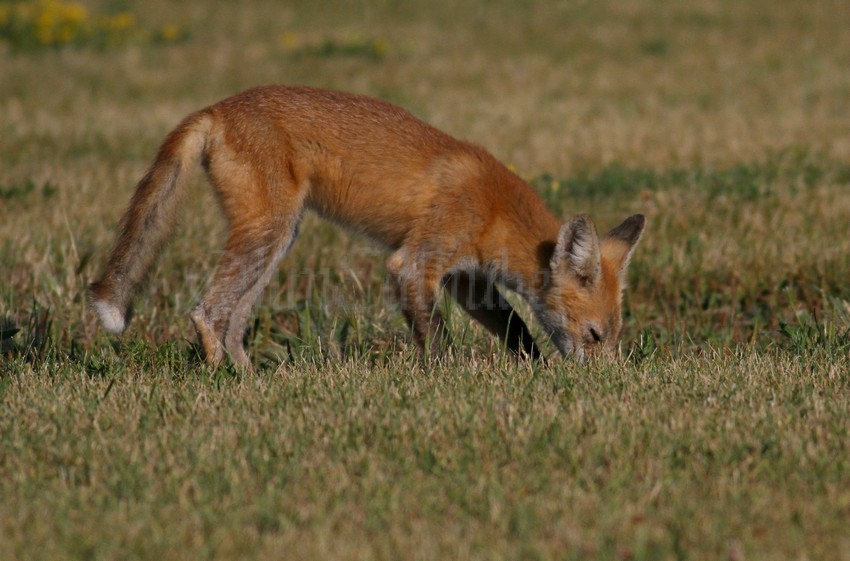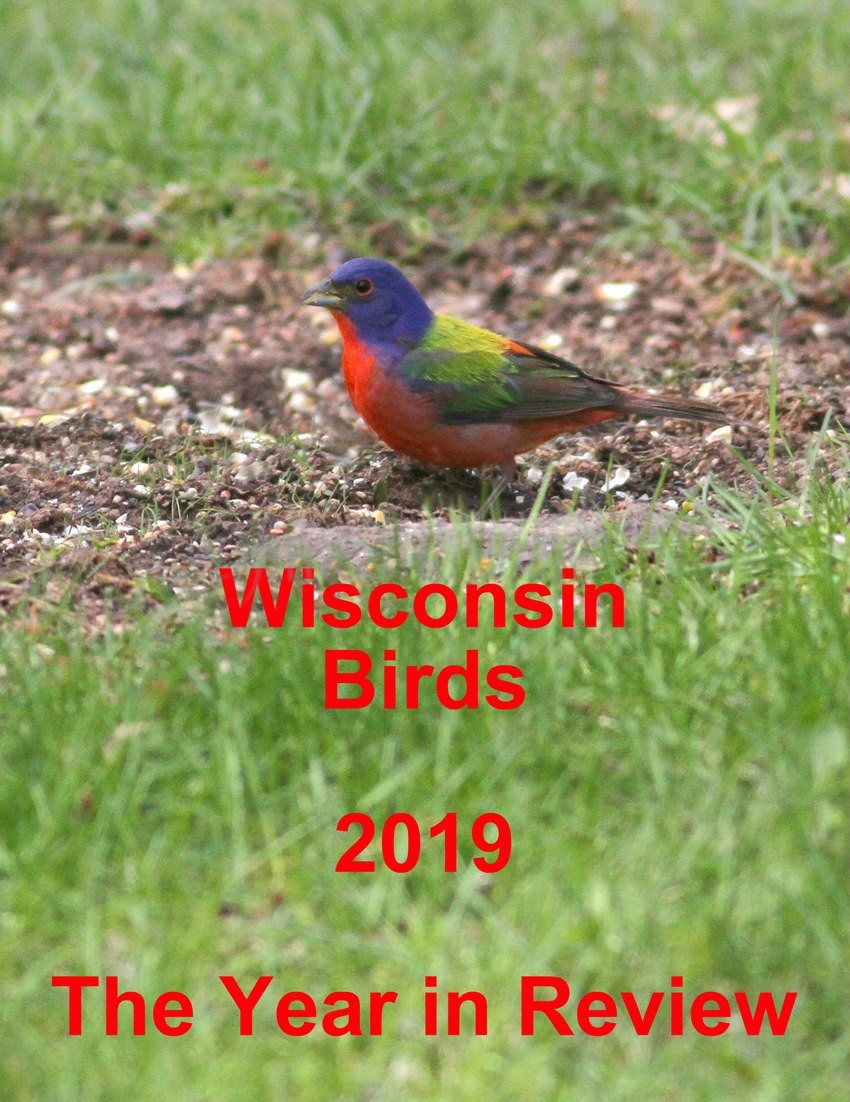While birding the lakefront in Milwaukee this morning I came across a Red Fox. This is a kit from this spring and growing fast, getting closer to looking like an adult. It did some hunting in tall grass areas while I was present and it appeared it found some food. Cool to see a Red Fox out midday as I think they are seen less during the day, more very early morning and late evening, just my opinion.
Red Fox
Scientific name: Vulpes vulpes
Type: Mammal
Habitat: Forests, grasslands, mountains, savanna, agricultural lands and deserts. Red Foxes can also adapt to farms, suburban areas and sometimes cities.
Average life span in the wild: 2 to 4 years
Size: Head and body, 18-33.75 inches
Weight: 6.5 to 24 lbs
Diet: Fruit, vegetables, fish, frogs, rabbits, birds and rodents in the wild. If living in a human environment they may include in the diet garbage and pet food.
Range: Northern hemisphere from the arctic circle to Central American. They can also be found in Northern Africa and central Asia.


















Wonderful photos Jim. I have been observing this family of foxes for many years. The fox in your photos is a female kit born this past March. While it is not common to see an adult fox during day time hours it is common to see the kits. This kit is also suffering early stages mange.